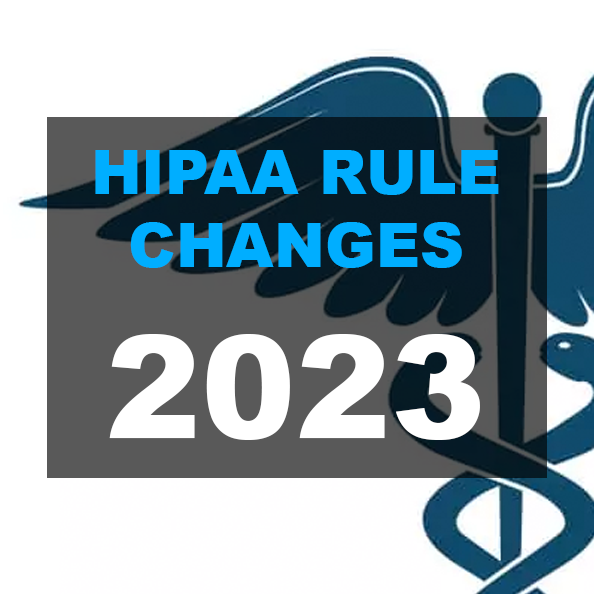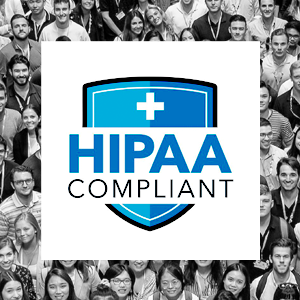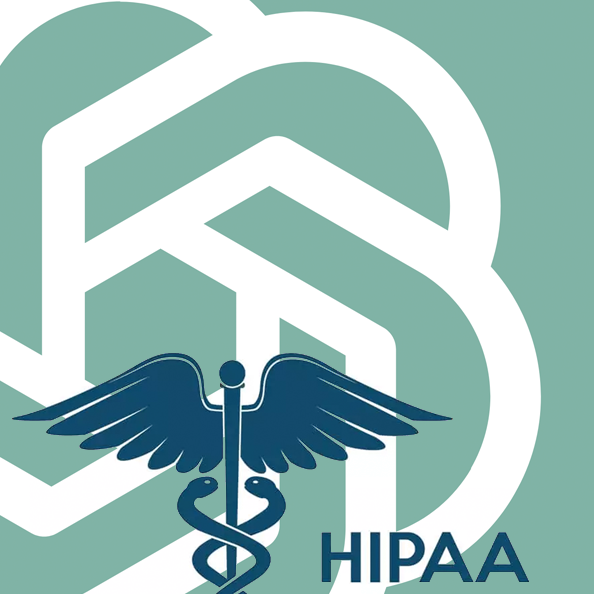2024 HIPAA Updates
Advancing Patient Data Protection in the Digital Healthcare Era
 The digital healthcare revolution brings with it an increased need to secure Protected Health Information (PHI), driven by continuous advancements in technology. The Health Insurance Portability and Accountability Act (HIPAA) is evolving to meet these demands, ensuring patient data privacy amid the rapid growth of digital health services.
The digital healthcare revolution brings with it an increased need to secure Protected Health Information (PHI), driven by continuous advancements in technology. The Health Insurance Portability and Accountability Act (HIPAA) is evolving to meet these demands, ensuring patient data privacy amid the rapid growth of digital health services.
Adapting to Digital Healthcare Innovations
The year 2024 marks a pivotal point in the integration of advanced technologies such as telehealth, wearable health monitors, and AI-powered diagnostics into patient care. This integration prompts a reexamination of HIPAA regulations to maintain stringent PHI safeguards in line with emerging digital healthcare practices.
Strengthening Cybersecurity Measures
With a rise in cyber threats aimed at healthcare infrastructures, 2024 introduces enhanced HIPAA cybersecurity measures. These updates are designed to bolster the security measures of healthcare entities against complex cyberattacks, protecting the integrity and privacy of PHI.
Telehealth Regulation Enhancements
Telehealth has become an integral component of healthcare provision in the aftermath of the pandemic. Responding to this evolution, HIPAA introduces detailed telehealth guidelines in 2024, focusing on the unique privacy and security considerations of remote healthcare services to keep them compliant and secure.
Incorporating AI and Machine Learning
As AI and machine learning become more integral to healthcare, HIPAA updates its guidelines to cover the specific privacy challenges presented by these technologies. This includes setting standards for AI's role in health data processing and analysis, ensuring robust protection for patient data in automated processes.
Empowering Patients in the Digital Age
With patients increasingly engaging with their health information digitally, HIPAA is enhancing provisions in 2024 to give patients more control and clarity over their PHI. This expansion includes rights to access electronic health records, manage digital consents, and have transparency in the usage and sharing of their data online.
Ensuring Compliance in Digital Healthcare
The updates in 2024 highlight the critical role of compliance in the digital healthcare sector. Healthcare providers and their associates must be vigilant in updating their practices, policies, and technologies to align with the latest HIPAA regulations, maintaining the trust and privacy of patient data.
As HIPAA adapts to the digital healthcare advancements, staying informed and prepared is essential for managing the complexities of data protection. Consulting with legal and compliance professionals can offer insights into these updates, helping to keep patient privacy a top priority in healthcare innovation.
The progression of HIPAA through 2024 reflects a continued dedication to enhancing and securing patient data protection amidst ongoing technological advancements. As healthcare innovations evolve, HIPAA's core principles guide the industry in preserving the trust and confidentiality that patients place in the healthcare system.


